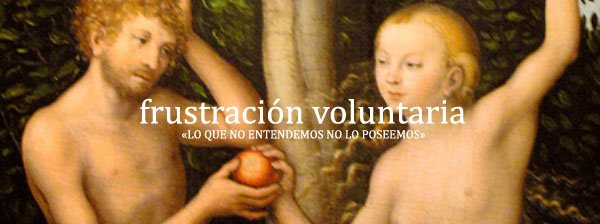Hypothesis 1. All color is an impression on the sensorium, not a certain quality in things, but an extrinsic denomination, or, as Thomas Hobbes says, a phantasm.
2. Therefore, color is nothing not being perceived by us.
3. Blackness is not so much a color, as the privation of color, or we say that we see something black, when we see nothing.
4. All opaque things in themselves are black, by hypotheses 2 together with 3. Therefore, also snow. Anaxagoras, however, so that his paradox should be more remarkable, would take as the basis of his discussion especially what is held to be the whitest.
5. Color is nothing other than an impression in the eye, which is made by atoms of light, from a luminous body, impinging on [something] opaque, and thence being reflected to the eye.
6. There are three optical principles: fire, whose atoms are pyramidal, water, which dispersed makes air, whose [atoms are] spherical; earth, whose [atoms are] cubical.
7. Fire is the principle of light, water of blackness, earth of color. Indeed, pyramidal atoms are the most subtle, they have the force to stab, etc., which are characteristics of fire. Fire and light, however, are materially the same. Cubical atoms can be so joined to one another so that there is nothing empty between them. They are therefore the cause for why atoms of fire are reflected, that is, by hypothesis 5, of color. And between spheres there is the most emptiness, they are therefore the cause of no reflection - indeed where nothing obstructs [pyramidal atoms], they penetrate rather than being reflected - or of no color, that is, by hypothesis 3, of blackness.
8. Whatever when rare is such, that thing when condensed is more such. Because combined force is stronger.
9. Snow is condensed water.
10. Snow therefore should also appear as black as possible, by hypothesis 7, together with 9, and 8. Q.E.D.
Therefore, this argument is like Zeno’s against motion, so that Anaxagoras could convince a boastful sophist, or show his ingenuity in proving and defending anything whatsoever, or help the skeptics by showing the separation between the senses and reason, so that one or the other must be mistaken. However, if he also said that [snow] appears black to him, it seems that he said that in jest, because he knew that no one could refute this paradox.
Leibniz. A Conjecture Why It Seems That Anaxagoras Could Have Said That Snow Is Black.
* * *
I once wondered what one of you Catholics should say if God wanted to abolish as superfluous all composite substance, that is anything in virtue of which phenomena could be said to be real. Given this, the substance of body itself would consist in its constitutive phenomena — for example, the nature of whiteness consists in bubbles, like foam, or some similar texture, which is perceived by us only subconsciously. But the accident of whiteness consists in that conscious perception by means of which we are aware of whiteness. So, if God wanted to substitute blackness for whiteness without affecting the accidents of whiteness, he would bring it about that all percipients (for the truth of a phenomenon consists in the mutual agreement of percipients) retained the conscious perception of whiteness and its effects, namely the perception of that which results from the constitutive [phenomenon]; but they would have a subconscious perception not of foam or little bumps (i.e. the texture which makes whiteness), but of troughs, or the texture which makes blackness. Thus all the conscious perceptions of bread would remain, but for the constitutive phenomena (which are still perceived by us, but subconsciously) would be substituted the universal perception of the constitutive or subconscious phenomena of flesh.
Leibniz. Correspondence with Des Bosses.









No hay comentarios:
Publicar un comentario